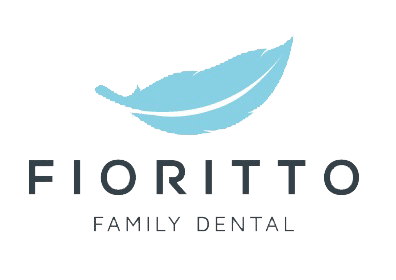We all know that consuming excessive sugar is bad for our teeth. We also know that we should brush, floss and use mouthwash daily. You may assume that this is all it takes to maintain good dental health.
While these practices are the foundation for good dental health, there’s one more factor to consider: your diet. What you eat can have a dramatic effect on your teeth and gums. Here’s how your diet can impact your oral health.
Eating for a healthier smile
Modern diets are not ideal for dental health. While prehistoric humans ate primarily meat, seafood, fruit, vegetables, nuts and seeds, humans today eat significantly more carbohydrates and sugar. From your morning toast to your after-dinner chocolate, the more sugar you consume, the more you endanger your dental health.
In 1939, one dentist studied Native tribes and their dental health. He found that after just one generation of eating sugar and processed carbohydrates, the tribes suffered a significant negative impact on oral health.
Does that mean you have to give up bread, pasta and all your favorite treats? No—but you should consider eating them in moderation.
Vitamin K2 also plays a role in oral health. Whereas prehistoric diets were rich in K2, modern diets often lack sufficient levels of the nutrient. K2 helps move calcium throughout the body to strengthen the teeth and bones. When your diet lacks K2 (as well as vitamins A and D, which aid in the process), your teeth are more likely to decay.
Finally, your diet can affect the quality of your saliva—and your saliva impacts your dental health. When you eat a low-acid, nutrient-dense diet, free of processed and artificial sugars, your saliva quality can improve. Saliva helps to deliver nutrients to your teeth and creates a protective baseline for your oral health. While brushing your teeth helps clear away food bits and bacteria, altering your diet will ensure that your saliva is able to do its job properly.
Do I still need to brush, floss and rinse?
While your diet can have a significant impact on your oral health, there’s no substitute for daily brushing, flossing and rinsing with mouthwash! Always follow your prescribed oral healthcare routine to the letter, especially if you’re currently fighting gum disease, cavities or healing from surgery.
Altering your diet is just one factor in your overall dental health routine—you’ll also want to schedule twice-yearly checkups and cleanings with your friendly Fioritto dentist. There’s no need to give up every favorite food to maintain good oral health. Consider restricting processed foods, especially those which are high in sugar, and focus on high-quality, nutrient-dense foods. Not only will your oral health improve, but you’re likely to enjoy sustained energy and better overall well-being.
The dentists at Fioritto Family Dental can advise you on the best oral care routine, and which foods are most likely to affect your dental health. Call today to schedule your next appointment.
